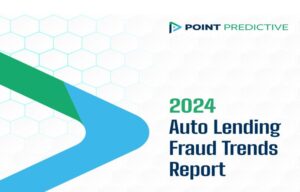
Atlanta, GA – 13 August 2018 – Attorney General Chris Carr announced Monday that Complete Cash Holdings LLC and its owner, Kent Popham, have entered into a settlement with Georgia state officials in response to allegations that the company engaged in unlawful practices that violated the Georgia Fair Business Practices and the Georgia Pawn Shop acts.
“Consumers who seek out title pawns are already in financial straits,” Carr said. “Our office is committed to protecting vulnerable consumers from companies that try to take advantage of them through illegal actions.”
The company has more than 50 locations throughout the state, including one in Cordele.
A title pawn is a short-term, high-interest rate pawn transaction that uses the clear title on a consumer’s vehicle as collateral. If a consumer defaults on his or her payments, the title pawn company’s only legal recourse is to require the consumer to turn over the car, or repossess it if the consumer refuses to do so voluntarily.
The Attorney General’s Office alleges that when some of Complete Cash’s customers defaulted on their loans, the company sued them for the outstanding principal, interest and fees, which is not allowed in pawn transactions.
In resolution of these allegations, officials said Complete Cash has entered into a settlement with Carr’s office requiring it to, among other things:
— Dismiss all pending lawsuits against consumers in which it attempted to hold them personally liable for principal, interest, fees and/or other costs associated with a pawn transaction;
— Have any judgments entered against such consumers set aside;
— Have any garnishments based on such judgments dismissed;
— Have any writs of fieri facias based on such judgments canceled and recorded;
— Refund to such consumers all amounts that Complete Cash has obtained as a result of its judgments;
— Pay $35,000 in penalties and fees;
— Fully comply with the Georgia Fair Business Practices Act.
Should the company violate any terms of the settlement between now and Dec. 1, 2020, it must pay the state an additional $35,000.
Source: The Albany Herald











Facebook Comments